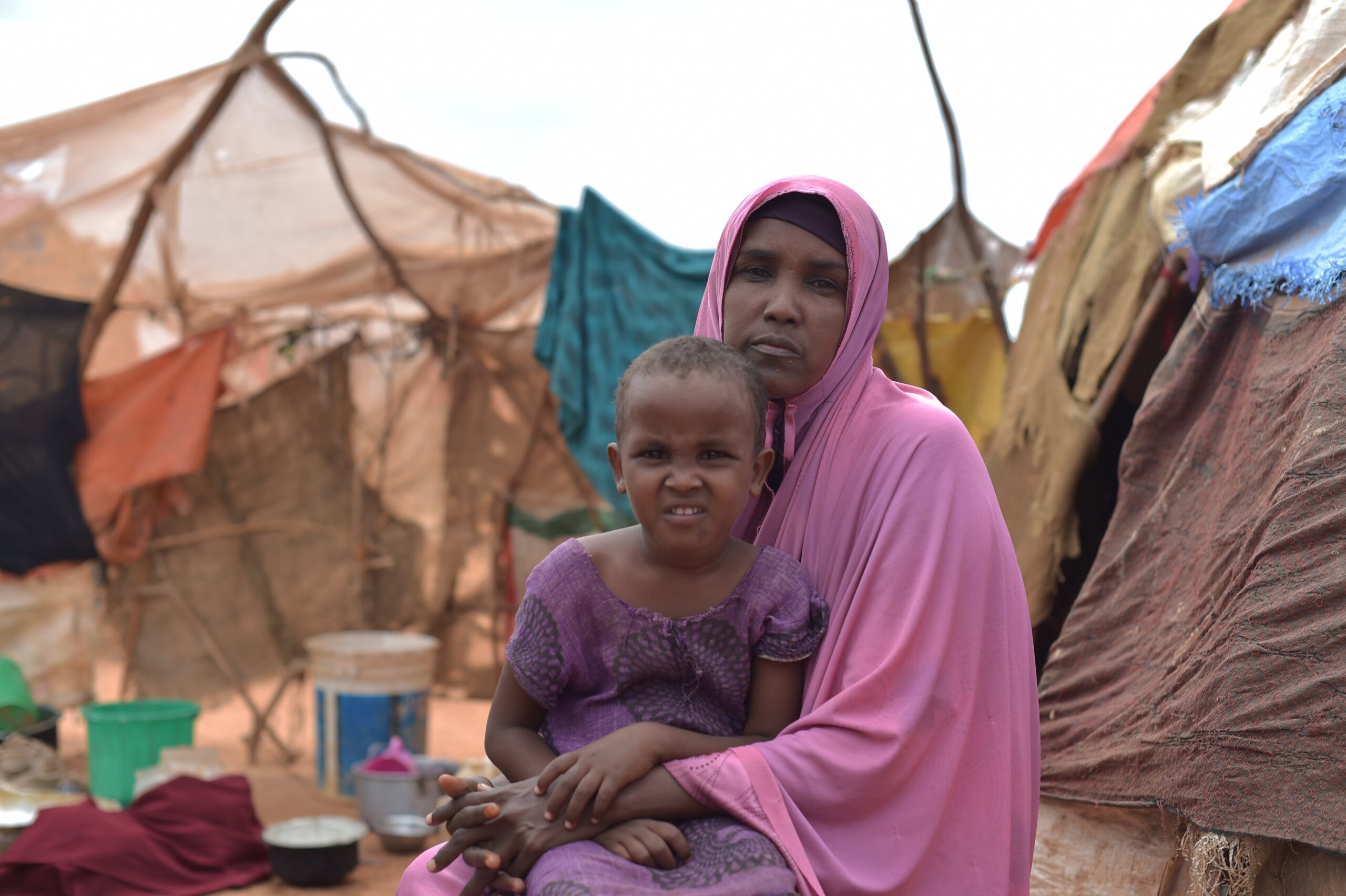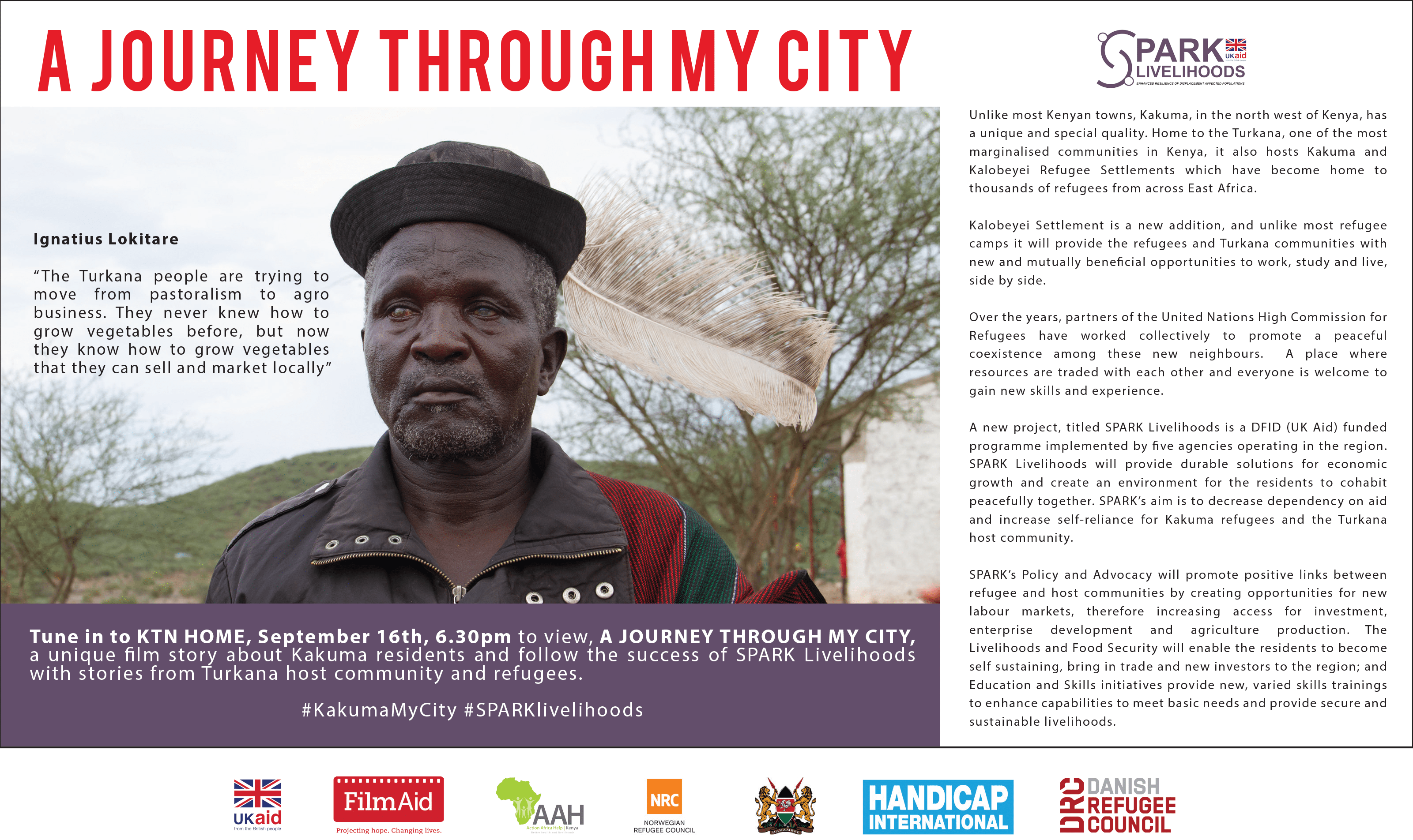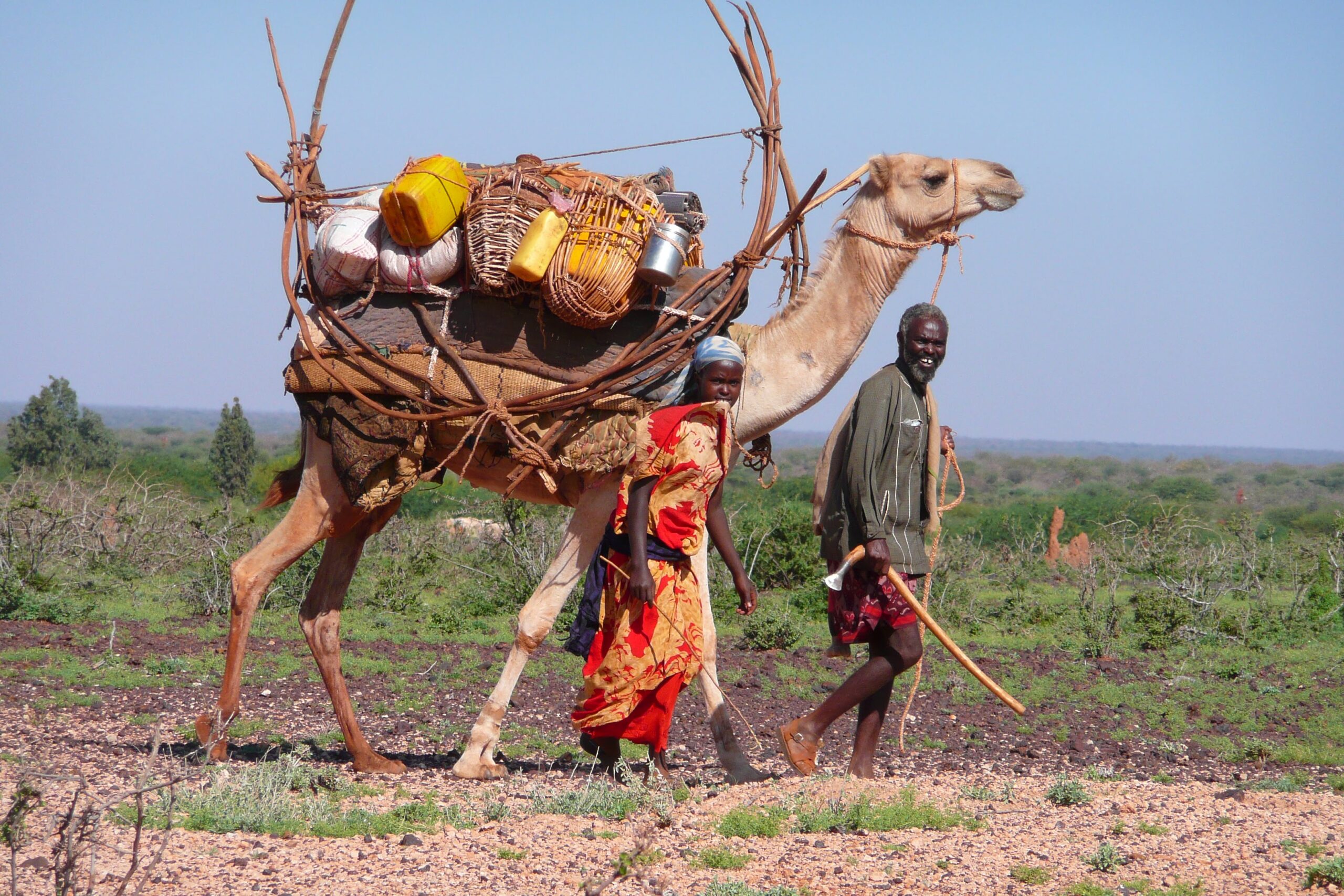This report provides a synthesis of key findings and lessons from a three-city study on access to shelter and basic services for low-income groups in East Africa (Nairobi, Kenya; Mogadishu, Somalia; and Hawassa, Ethiopia). Guided by political economy analysis, this paper sets out some key lessons for agencies operating in cities, highlighting why and how city dwellers make certain shelter choices, and
provides suggestions on how to respond.
- Informal institutions and actors are key to shaping how and whether people access shelter: The complex nature of informality may serve both to enable as well as to limit choices and opportunities for low-income groups. The huge demand for shelter and the inability of the national or local state to meet these demands have driven the growth of informal settlements and generated entire industries that both maintain and exploit vulnerable populations.
- The ˜urban poor are not homogenous” risks and barriers vary between individuals and households: Low-income groups in general face the greatest challenges in accessing decent housing, but groups including women, people living with disabilities and in some cases young men experience more acute challenges and additional barriers to accessing shelter on the basis of their identity.
- Other forms of identity are important particularly ethnicity and migration status: In Mogadishu, an intricate hierarchy of clans strongly influences the spatial distribution of population, security of tenure, urban development and evictions. Hawassa has experienced insecurity relating to disputes over land ownership and ethnic tensions. Nairobi has a long history of politicised land deals and irregular land allocations, which have often been driven by Kenya’s ethnic politics.
- Housing options for low-income groups are underexplored and better rental regulation is needed: Rental housing is under explored as the most appropriate option for low-income groups, and a lack of regulation contributes to poor-quality housing and exploitation of tenants. The high cost of land and property creates informal rental markets. The relative absence of regulation and protection mechanisms for renters has fostered severe tenure insecurity and exploitation in the rest of the market, especially among poorer socioeconomic groups.
- Poorly handled evictions can cause long-term vulnerability and undermine trust in government: Evictions are a common feature of all three cities in the study. Forced evictions are exacerbating the vulnerabilities of affected households, usually entailing costs for households, including the loss of livelihoods and social networks.
- “Affordable housing is often inaccessible” new options for affordable finance are needed: Housing classed as affordable is often beyond the means of the majority of city dwellers a re evaluation of ‘affordable housing is needed alongside new approaches to affordable finance for housing and land. The ability of the lowest-income groups to access formal housing was extremely limited across all three cases. Previous attempts at affordable housing have been captured by the middle classes. Across all three cities, mortgage finance for low- and middle-income groups is highly constrained.
- Empowered and organised civil society working with city governments can improve low-income housing at scale: With support, local actors can respond to their particular needs and priorities. Government funding to support community-directed upgrading or household and community plot purchase and house development can widen the scope of what low-income households and communities are able to achieve.
- National political settlements frame city decision making, but other local and regional factors “and competing interests” must also be understood: The visions held by national-level politicians have a significant impact on urban policy and programmes. Subsequent changes in urban infrastructure, services and form will intersect with city level politics, and may have an impact on local stability and security.
Click here for full paper.



